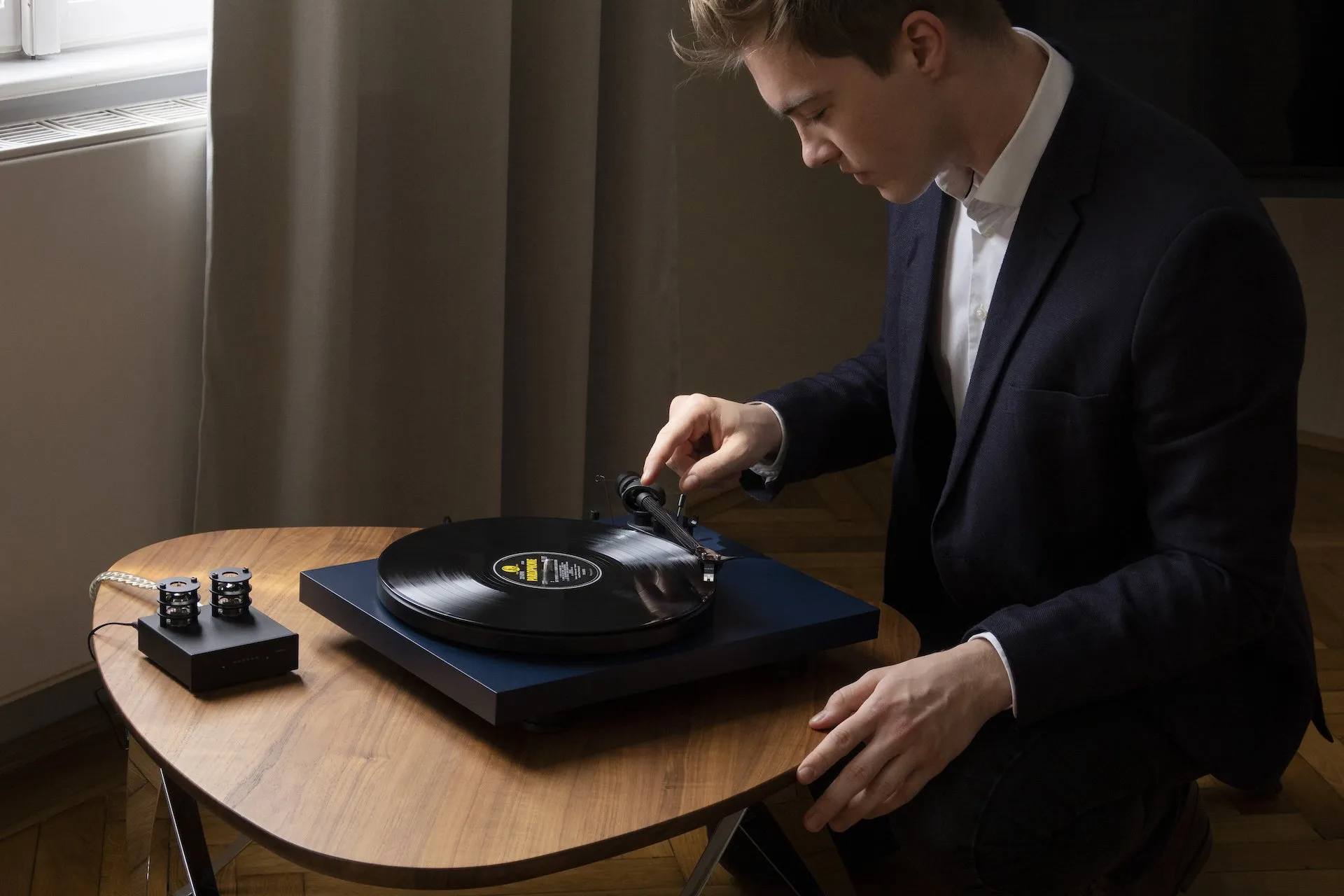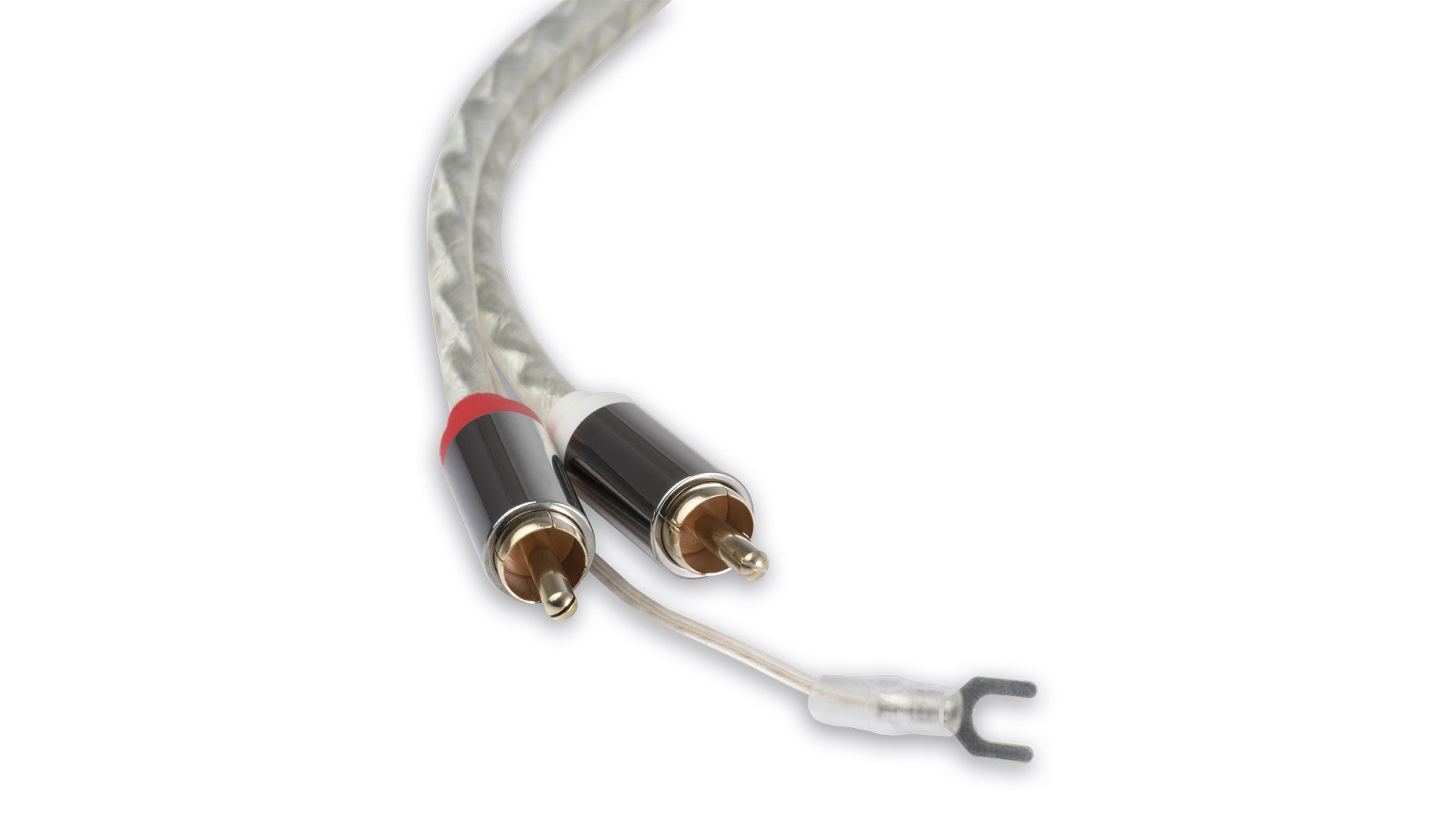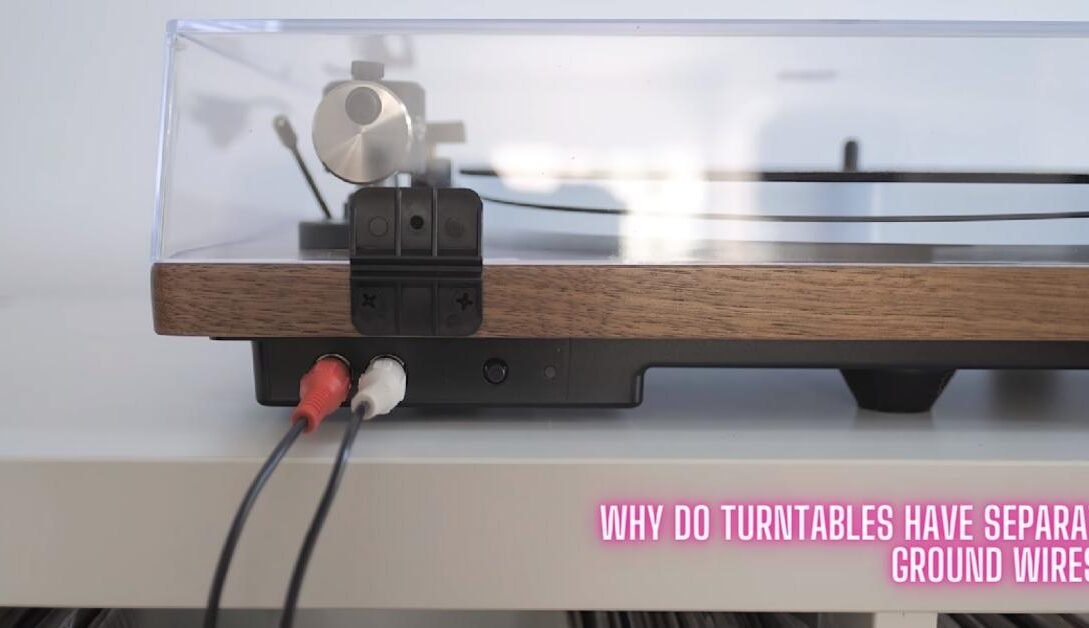Turntables have separate ground wires to reduce electrical interference and ensure a clean audio signal. Without a ground wire, unwanted electrical noise and hum can be introduced to the audio signal, affecting the sound quality. Therefore, it is recommended to connect the ground wire for the best possible audio performance.
What is a Ground Wire in a Turntable?
A ground wire in a turntable is a thin wire that connects the turntable to a ground or earth source. It is typically a spade or ring connector that attaches to a ground terminal on an amplifier or receiver. The ground wire is an essential component in a turntable as it helps to prevent electrical interference and unwanted noise.
By providing a direct path for the electrical current to flow to the ground, the ground wire eliminates the hum or buzzing sounds that can be caused by electrical interference. Properly connecting the ground wire is crucial for a clear and high-quality sound from your turntable.
Why Do Turntables Need Ground Wires?
Turntables need ground wires to prevent hum or buzzing sounds that can be caused by electrical interference. When the turntable is connected to an amplifier or receiver, the ground wire provides a direct path for the electrical current to flow to the ground, eliminating the noise.
Without the ground wire, the electrical current may create a loop between the turntable and the amplifier or receiver, causing unwanted noise to be picked up by the turntable’s cartridge. The ground wire is an essential component of a turntable’s setup, and proper grounding ensures a clear and high-quality sound.
How to Connect a Turntable Ground Wire?
To connect a turntable ground wire, locate the ground terminal on the amplifier or receiver. The ground terminal is usually labeled “GND” or “ground.” Connect the spade or ring connector of the turntable ground wire to this terminal.

Make sure the turntable is turned off and unplugged from the power source before connecting the ground wire. Once the ground wire is connected, you can plug in the turntable’s power cord and turn it on. Proper grounding is crucial for eliminating unwanted noise and ensuring a clear, high-quality sound from your turntable.
What Happens if You Don’t Connect a Turntable Ground Wire?
If you don’t connect a turntable ground wire, you may experience a humming or buzzing sound from your speakers. This noise is caused by electrical interference, and without the ground wire, the electrical current may create a loop between the turntable and the amplifier or receiver, causing the noise to be picked up by the turntable’s cartridge.
Connecting the ground wire provides a direct path for the electrical current to flow to the ground, eliminating the noise. Proper grounding is crucial for a clear and high-quality sound from your turntable, so it is important to connect the ground wire properly.
Do All Turntables Have Ground Wires?
Not all turntables have ground wires, but most modern turntables do include a ground wire as a standard feature. Older turntables may not have a ground wire or may require an external grounding device. It is important to check the manufacturer’s instructions to determine if a ground wire is necessary for your turntable and how to properly connect it for optimal performance.

How to Troubleshoot Grounding Issues in a Turntable?
To troubleshoot grounding issues in a turntable, first, ensure that the turntable and the amplifier or receiver are properly grounded. Check the ground wire connection and make sure it is securely connected to the ground terminal.
If the issue persists, try moving the turntable to a different location to see if there is a source of interference, such as other electrical equipment or appliances. Additionally, check the turntable’s cartridge and stylus for wear and damage, as these can also cause unwanted noise. If the issue still persists, consult with a professional technician to diagnose and repair any underlying problems.
FAQs
Why do turntables have separate ground wires?
Turntables have separate ground wires to reduce or eliminate electrical interference, such as hum or noise, that can affect the audio signal.
What does the ground wire do on a turntable?
The ground wire on a turntable creates a “ground loop” that reduces electrical interference and ensures a clean and clear audio signal.
Do I need to connect the ground wire on my turntable?
Yes, it’s recommended to connect the ground wire on your turntable to reduce electrical interference and ensure the best possible sound quality.
Conclusion
A turntable ground wire is an essential component that helps to eliminate electrical interference and provide a clear, high-quality sound. By connecting the ground wire properly, you can enjoy your vinyl records without any humming or buzzing noises.
If you are experiencing grounding issues, try troubleshooting the problem by checking the connections and changing the location or outlet. If the problem persists, it may be time to consult a professional for assistance.


